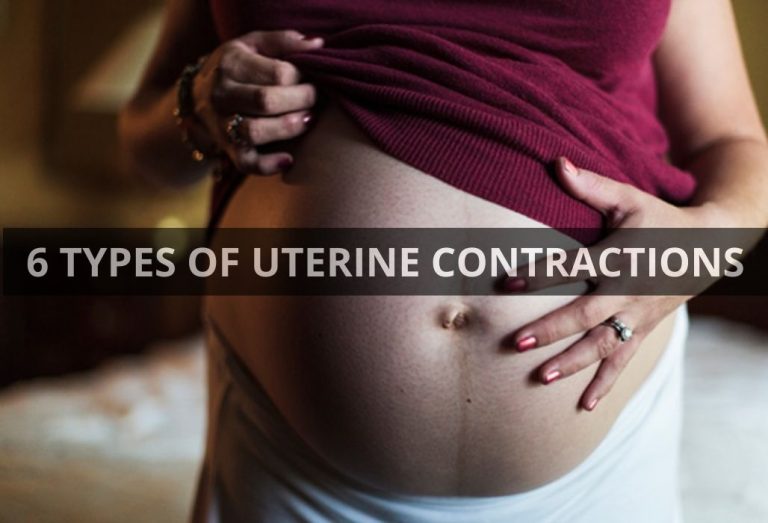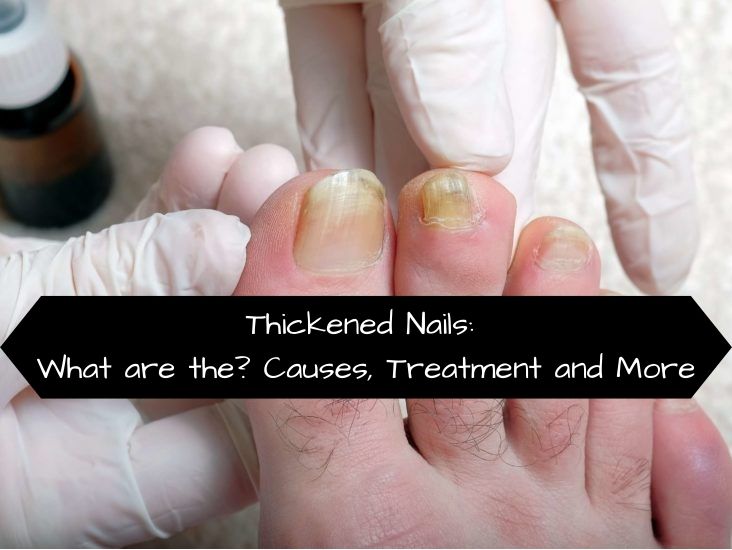How does caffeine intake during pregnancy work?
Excessive caffeine consumption during pregnancy can be detrimental to your health, but did you know that eating it in moderation can actually be beneficial?
Nowadays, many people consume caffeine as a habit. Opinions differ as to whether caffeine, found in chocolate, soda and tea, as well as coffee, can be consumed during pregnancy. In this article, we will take a closer look at whether caffeine consumption during pregnancy is only harmful.
Definition of Caffeine
We always talk about caffeine, but do you know exactly what caffeine is? Chemically, caffeine is a methylxanthine-type alkaloid and acts as a central nervous system stimulant.
Caffeine is a competitive antagonist of the adenosine receptors responsible for the secretion of various neurotransmitters, secretions A1 and A2. When caffeine binds to these adenosine receptors, the release of dopamine, which has an arousal effect, is increased.
Caffeine is also abused as a vitality booster and stimulant. Excessive caffeine intake on a regular basis can lead to tolerance, and abrupt cessation of caffeine intake can lead to withdrawal symptoms.
Caffeine has an analgesic effect and is used in the manufacture of cold medicines and migraine medicines.
Caffeine action in the body
As already mentioned, caffeine is a kind of stimulant that acts on the central nervous system. In other words, it activates our brain, keeps us awake, and works as follows.
- It is an antioxidant that attacks free radicals.
- Raise arterial blood pressure.
- Speed up the pulse
- It has diuretic properties .
- Promote blood circulation;
- It can also cause dehydration .
- It is a cause of headache and also acts as a reliever.
- It can increase the contractility of the diaphragm to facilitate breathing.
- Constricts muscle blood vessels;
Caffeine consumption and effects during pregnancy
It is sometimes considered a cause of infertility, like cigarettes and other drugs, but it poses no risk when consumed in moderation. If you are planning to become pregnant, be careful not to consume too much caffeine.
Adequate caffeine intake during pregnancy does not harm health, but caffeine abuse can slow fetal growth and even cause miscarriage .
Caffeine consumed by pregnant women may flow through the bloodstream, mix with amniotic fluid, and then pass to the fetus.
The placenta cannot metabolize caffeine, and the fetus does not have the liver enzymes necessary to break down caffeine until the eighth month of gestation.
Caffeine’s diuretic and fetal vasoconstrictor action results in decreased blood flow . Excessive caffeine intake affects fetal growth because reduced blood flow leads to a lack of oxygen and nutrients delivered to the fetus.
A serious side effect of excessive caffeine intake during pregnancy is miscarriage. Uncontrolled caffeine intake, especially during early pregnancy, can lead to preeclampsia or high blood pressure.
Arterial hypertension and tachycardia also need to be controlled during pregnancy . Ingredients that affect blood pressure or heart rate can be detrimental to the health of the pregnant woman and the unborn child if not consumed carefully.
Caffeine can also be passed on to newborns through breast milk. Excessive caffeine consumption while breastfeeding can sensitize the newborn and alter sleep times, but if consumed in moderation, there is nothing to worry about.
Conclusion
The effects of caffeine consumption during pregnancy are still being studied. Excessive intake can harm the health of the fetus, but moderate intake of caffeine can actually help health.







